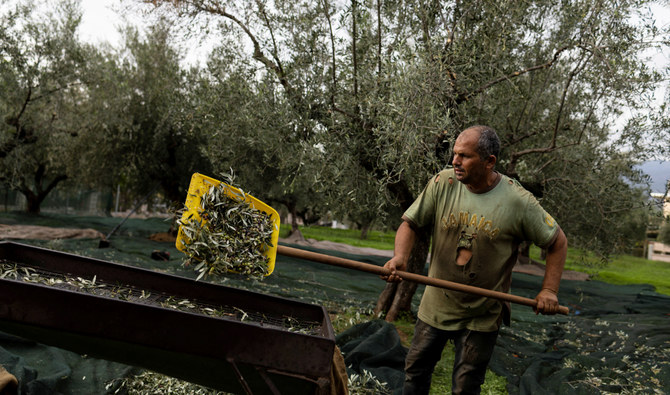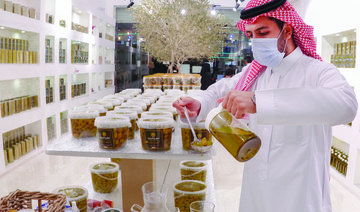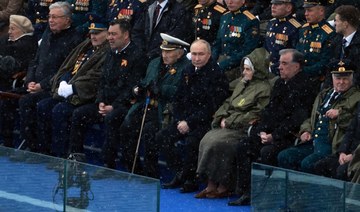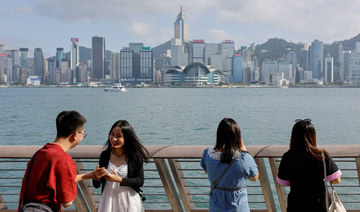Months before the harvest began in November, Greek olive oil farmer Michalis Antonopoulos knew it would not be a good year.
First, his trees did not fully blossom because last winter was not cold and wet enough.
In the spring, temperatures soared to 38 degrees celsius, damaging the flowers that were to grow into olives.
Then the summer brought the worst heatwave in decades, drying up the olives and setting off wildfires that torched hundreds of thousands of trees.
Standing in his grove in Kalamata, Greece’s best-known olive producing region, among trees that are hundreds of years old, Antonopoulos pointed to the results: Half empty branches, with small or shriveled olives, or rotting, attacked by a fruit fly.
“We’re witnessing phenomena and problems that we did not see 20 years ago,” said Antonopoulos, who heads the local olive growers’ cooperative, estimating a 50 percent drop in regional output.
Europe just had its hottest summer on record and scientists say the erratic weather that damaged olive trees is what can be expected from climate change.
Greece is the world’s third biggest producer of olive oil, and the Greek variety is particularly sought-after for its high quality, known as “extra virgin.”
Bottles of Kalamata oil are found in restaurants as far away as Japan but farmers worry that if yields continue to decline, they will not be able to meet demand for what they call “green gold,” jeopardizing the local economy.
“This year has shown us that the tree cannot cope under difficult weather conditions,” Antonopoulos said. “This is a classic example of the environmental change we’re going through.”
Greece produced 275,000 tons of olive oil in 2020-21 and more than half went abroad, making it the EU’s fourth biggest exporter. The EU’s executive commission forecast production will fall to 230,000 tons in 2021-22.
Most of the world’s olive oil comes from the Mediterranean region and in its agricultural outlook for the next decade, the commission anticipated production in the EU would grow, but that climate change could impact annual yields and the quality of oil. For Greece, it forecast a limited decline in output.






















